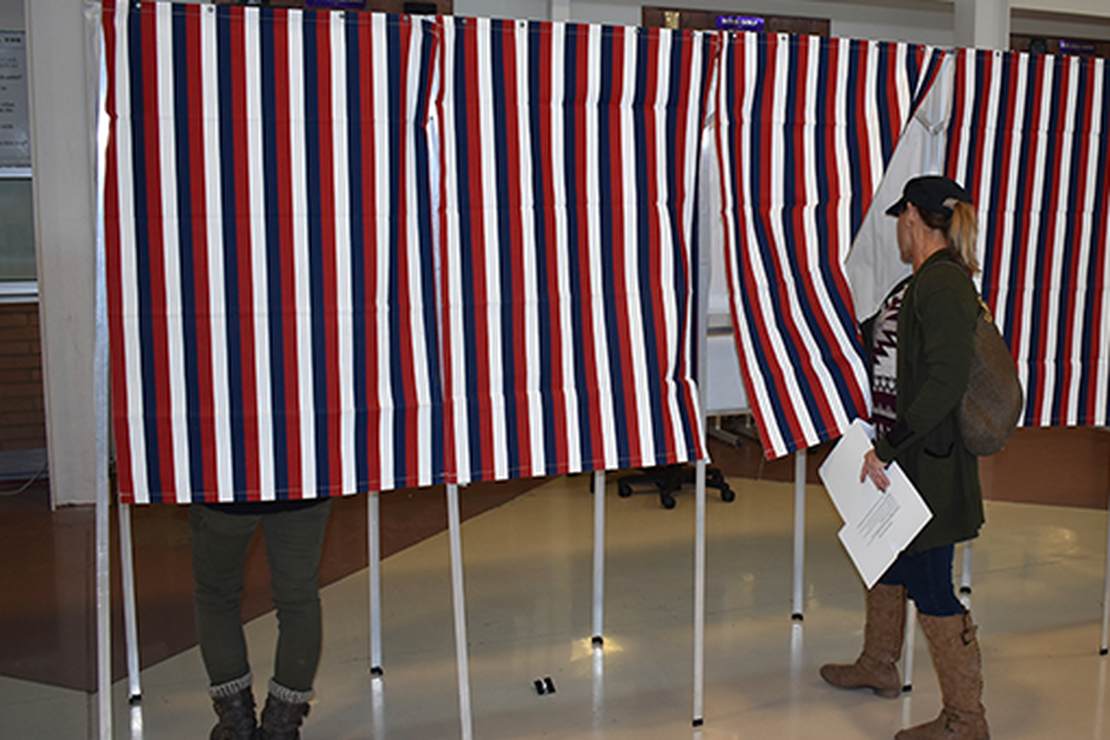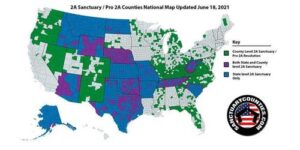On July 1, the Supreme Court delivered its opinion in Brnovich v. DNC. In a 6-3 decision, SCOTUS upheld two commonsense provisions in Arizona’s election law. Ballot harvesting, which often involves partisan operatives collecting absentee ballots and delivering them to a polling location, will remain illegal in Arizona. Voters will also still be required to cast their votes in the appropriate precinct.
This ruling is a positive sign for how SCOTUS may rule on other lawsuits regarding election law. The decision signals that a majority of justices would likely not overrule state law if the election provisions are applied neutrally, and the state offers many opportunities to vote. As Jason Snead, executive director of Honest Elections, noted:
Once again, the Supreme Court recognized the crucial need to protect the credibility and integrity of our election system. In doing so, the Court ruled in favor of laws so routine and commonplace that even the Biden Justice Department told the Court they did not violate federal law.”
Critics who attack this ruling are defending a campaign tactic that has been abused to disenfranchise voters. Vote trafficking puts one person’s right to vote in another’s hands. A bipartisan commission led by President Jimmy Carter recommended that states abolish it, and only 11% of voters think it should be legal. Arizona should not have had to fight all the way to the Supreme Court to defend such a sensible policy.
The partisan battle over election security still rages. Two key legislative priorities for the Democrats are HR-1, the For the People Act, and HR-4, the John Lewis Voting Rights Act. Republicans filibustered the former in a straight party-line Senate vote. The Brnovich decision suggests that neither would pass constitutional muster with the current Cour,t as Elie Mystal, justice correspondent for The Nation, noted:
Can Democrats read this decision and tell me HOW THE HELL either the For the People Act, the John Lewis Act, or anything else, PASSES CONSTITUTIONAL MUSTER IN FRONT OF THIS SCOTUS?
HOW. HOW??? EXPAND THE COURT OR YOU GET NOTHING
— Elie Mystal (@ElieNYC) July 1, 2021
Mystal is pushing the far-left effort to politicize the court by nominating enough new justices to outnumber those who typically vote using the Constitution’s text as a guide. As Democrat leadership picks up on this justification and massages and message-tests it, pressure will increase on holdouts to eliminating the filibuster. Senators Joe Manchin (D-W.Va.) and Kyrsten Sinema (D-Ariz.) will be the subjects of relentless criticism as Democrats seek to take up HR-4 heading into 2022.
Commissioned studies are already telling Democrats they have a messaging problem going into 2022. This news comes after predicted gains in the House in 2020 did not materialize, even when running against Orange Man Bad. Thus, it will not take a red wave so much as a trickle in 2022 for Republicans to take both houses of Congress, effectively ending the Biden agenda.
Nuking the filibuster is a prerequisite to packing the Court. Packing SCOTUS with hyperpartisan judges is the path to fundamentally altering how the United States conducts elections—assuming a left-wing Court would approve HR-1 or the more draconian HR-4. Snead explained how far-reaching HR-4 is in a recent interview. When asked what provisions were most concerning to him in the bill, Snead said it would be easier to list the ones that weren’t since that number would be zero.
The bill reinstalls preclearance, which SCOTUS ended in Shelby County v Holder. It creates a new formula for federal preclearance of voting law changes in the states.
The formula is vastly different than the one that was in the 1965 Voting Rights Act or of the reauthorization of that law. The original law said if you had some sort of test or practice like a literacy test or a poll tax you also had less than 50% voter participation, which was a sign you had a discriminatory practice in effect and that it was actually discriminating against minority voters, then you were in preclearance.
That meant any change to your voting law or anything that was ancillary, that could potentially affect your voting process, had to go to the Justice Department for prior approval. All of the old Southern states and a few other problematic jurisdictions, any time they passed a law affecting elections, it would have to go to the DOJ or the District Court in D.C.
The 1965 law was last renewed in 2006, and the formula still uses data from 1972. So no matter a state’s increase in voter participation in the intervening years, they remain in preclearance. In 2013, SCOTUS determined that the federal government needed an extraordinary reason to overrule the states and that those who once had a problem could not be punished in perpetuity. The ruling did leave the door open for Congress to establish a new formula.
Snead explained that HR-4 does that, and it is worse than being judged on 50-year-old data. The formula does not test any objective metric regarding elections. Instead, it appears to be a measure of how many left-wing groups don’t like your laws.
If your state has been sued over voting laws and you have either lost or settled, then it counts as a mark against you. If you get enough marks against you, then you are in preclearance. If the AG objects to a voting change, that counts against you for preclearance.
And, say if you have a city that has persistent problems, and that city is sued and loses or settles, then that counts as a mark against an entire state. If there are nine lawsuits against a subdivision of a state over a 25-year period and one against the state proper, then the state is in preclearance. And it is retroactive too.
This formula would transform the entire election process into one big game of lawfare, giving partisan groups the ability to target states and cities with a barrage of lawsuits. The retroactive provision only increases that likelihood. Moreover, the ensuing politicized legal battles would cost millions of taxpayer dollars to oppose because settling still counts against the formula.
The number of ways that Democrats are attacking election integrity and the right of states to determine their election laws tells you all you need to know about how popular their agenda is with voters. HR-4 is another naked federal power grab meant to consolidate Democrats’ hold on power. Keeping the filibuster is more important than ever to maintain the right to a secure and accessible election.






